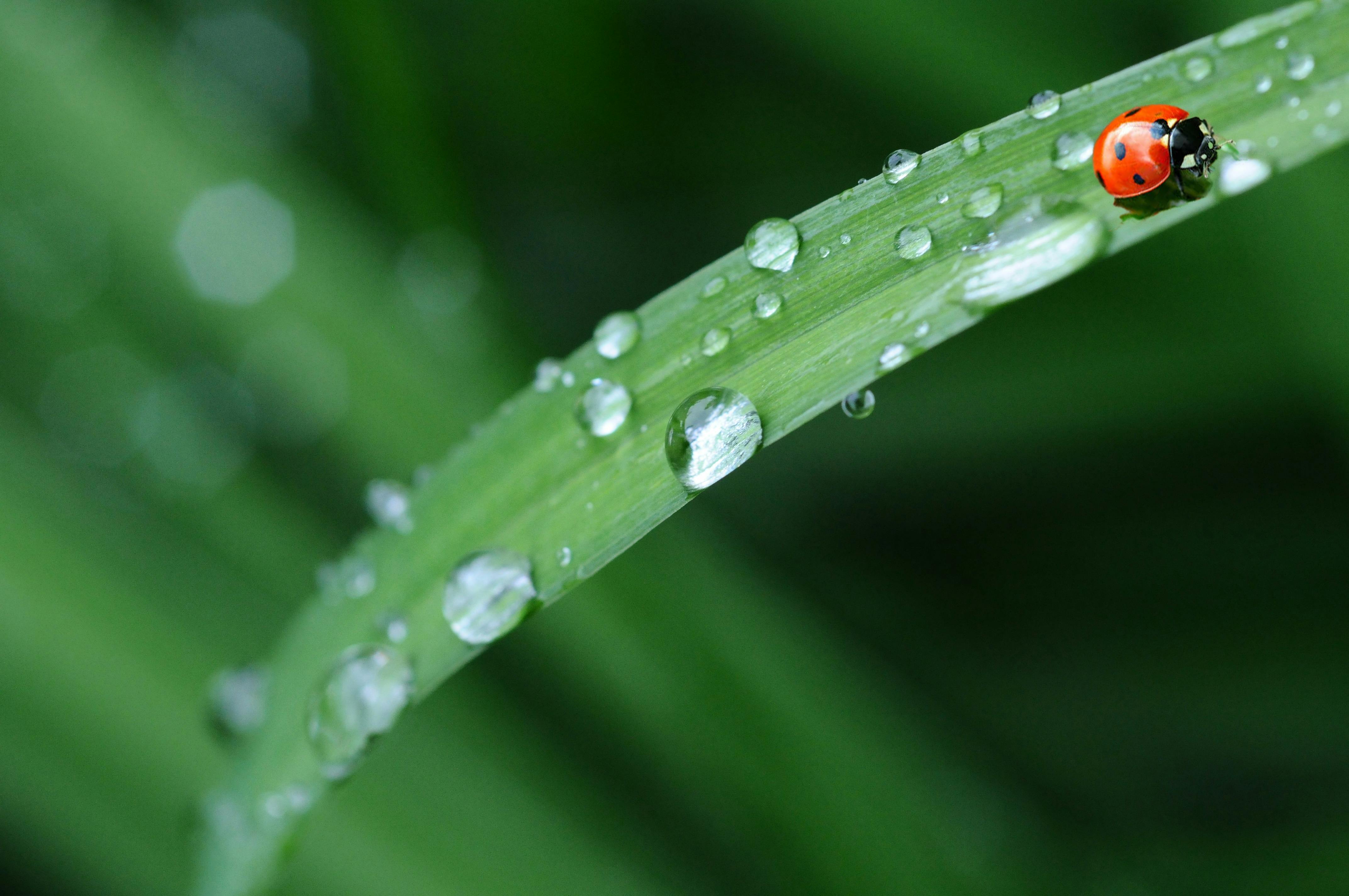When it comes to choosing between spring water and distilled water, there is no clear cut answer. Each has its own advantages and disadvantages, depending on what you’re looking for. Spring water is naturally sourced from underground aquifers and can contain trace amounts of minerals – while distilled water has been treated to remove most contaminants and minerals. Ultimately, the decision of which water is better for you depends on your individual needs and preferences.The main difference between spring and distilled water is that spring water is sourced from an underground source, often a natural spring, while distilled water is created by boiling water and then condensing the steam back into liquid form. Spring water typically contains trace minerals and electrolytes, while distilled water has had these elements removed during the distillation process.
Pros of Spring Water
Spring water is one of the most popular forms of bottled water. It is naturally sourced from an underground aquifer, which is a layer of permeable rock and sand that stores and transfers groundwater. Spring water is known for its natural purity, being free from pollutants, and for its refreshing taste. It is also naturally rich in minerals such as calcium, magnesium, potassium, sodium, and iron, which can provide some health benefits. Drinking spring water can help to hydrate your body more effectively than tap water due to its mineral content. In addition to providing hydration, spring water may also help to improve digestion and detoxify your body.
Cons of Spring Water
Despite the many health benefits associated with drinking spring water, there are some potential drawbacks to consider as well. Spring water can be quite expensive when compared to regular tap water. Additionally, spring water may contain small amounts of contaminants that have seeped through the ground on their way to the aquifer. While these contaminants are usually harmless in small doses, it is still important to make sure that you are buying a high-quality product from
The Pros and Cons of Distilled Water
Distilled water is water that has been boiled and evaporated to separate it from pollutants, salts, and minerals. It is then condensed back into liquid form. The process of distillation makes the water pure and free from contaminants. While this makes it a great choice for drinking, there are also some drawbacks to using distilled water. Here we will look at the pros and cons of distilled water.
One of the biggest pros of distilled water is its purity. Because it has been boiled and evaporated, any contaminants or minerals have been removed from the water, making it safe to drink. It can also be used in cooking or for making beverages like tea or coffee without leaving unpleasant tastes or residue in them. Additionally, distilled water is often used in medical settings because it is free from bacteria that can cause infections.
Another benefit of using distilled water is that it does not contain any minerals that can build up over time and clog pipes or plumbing fixtures. This makes it a great choice for use in appliances like coffee makers, dishwashers, steam irons, and humidifiers
How Is Distilled Water Made?
Distilled water is made through a process called distillation, which involves boiling water to form water vapor. The vapor is then cooled and condensed back into liquid form. During this process, contaminants and impurities are left behind, resulting in pure water that is free from contaminants and minerals. This makes distilled water ideal for many applications including drinking, cleaning, medical use, and automotive use.
The distillation process begins by heating the raw source of water until it boils. As the liquid boils, the steam is collected in a separate container. The steam rises since it is lighter than the surrounding air and passes through an air-cooling system that condenses it back into liquid form. As this occurs, impurities and contaminants are left behind as they are not able to evaporate with the steam.
The condensed liquid is then passed through a fine filter to remove any remaining impurities before being collected in a container for further use. This filtered distilled water can be used for drinking or any other application where pure and clean water is needed.
Distilled water can also be made from seawater or brackish sources of water
How Is Spring Water Made?
Spring water is made naturally through an underground aquifer system. It begins as rainwater that seeps through the ground, and is filtered through layers of sand, gravel, and rock. As the water passes through these layers, it collects minerals and other particles from the ground. This water then flows up to the surface and is collected in a spring or other collection point. The collected water is then bottled for human consumption.
Spring water has a distinct taste due to the minerals and particles it collects on its journey to the surface. These minerals make spring water healthier than tap water, as they provide essential nutrients that are beneficial for our bodies. Spring water is also free from chemicals found in tap water, such as chlorine and fluoride, making it a much safer option for drinking.
Spring water can be used for drinking, cooking, bathing, and even irrigation of crops and lawns. Many people prefer it over tap water because of its taste and purity. Spring water is also more expensive than tap water because of its natural filtration process; however, many find the price worth paying for cleaner and healthier drinking water.

Benefits of Drinking Spring Water
Drinking spring water provides a number of health benefits due to its natural purity and mineral content. Spring water is drawn from underground sources and is free from contamination, making it a healthy choice for hydration. The absence of harmful chemicals make spring water an ideal choice for those with sensitive stomachs or digestive issues. Additionally, its natural mineral content can make it a healthy alternative to other drinks such as soda or juice.
Spring water is naturally high in minerals such as calcium, magnesium, potassium, and sodium. These minerals can be beneficial for bone health, improving energy levels, and aiding in digestion. Calcium helps to strengthen bones and teeth while magnesium aids in digestion by assisting enzymes that break down food particles. Potassium helps to regulate blood pressure, while sodium maintains fluid balance in the body.
Studies have shown that drinking spring water can also help improve cardiovascular health by lowering cholesterol levels. The presence of naturally occurring minerals such as calcium and magnesium can help reduce the risk of heart disease by decreasing inflammation and improving circulation throughout the body. Additionally, drinking spring water can help maintain healthy skin due to its anti-inflammatory properties and ability to flush out
What Are the Benefits of Drinking Distilled Water?
Distilled water is a type of purified water that has been through a process of distillation, which removes any minerals, contaminants, and other impurities. It is often considered to be the purest form of drinking water available. Drinking distilled water has a number of health benefits, including improved hydration and increased energy levels.
Distilled water is free of contaminants and minerals that can lead to health issues such as high blood pressure, kidney stones, and gastrointestinal issues. It is also beneficial for people with digestive issues as it helps to flush out toxins from the body more efficiently.
Another benefit of drinking distilled water is that it helps to keep your body hydrated more effectively than other types of drinking water. When you drink distilled water, your body absorbs it more quickly than other types of drinking water because it does not contain any impurities or minerals. This helps to keep your body hydrated longer and can help prevent dehydration-related headaches and fatigue.
Drinking distilled water may also help improve energy levels by providing better hydration for the body’s cells. When cells are properly hydrated they are able to
Spring Water vs. Distilled Water: Which Is Better for You?
When it comes to choosing between spring water and distilled water, it’s important to understand the differences between the two and how they can affect your health. Spring water is naturally sourced from underground aquifers, while distilled water is created by boiling or evaporating regular tap water to remove impurities. Both types of water have their own benefits and drawbacks, but which one is better for you?
Spring water is known for its natural minerals, including calcium, potassium, and magnesium. These minerals are often beneficial and provide essential electrolytes that help keep the body hydrated. Additionally, spring water typically has a pleasant taste due to its natural mineral content. However, it can also contain bacteria or other contaminants that may be harmful if consumed in large amounts.
Distilled water is purified through a process of boiling or evaporation, which removes impurities such as chlorine, lead, and other chemicals from the original source of tap water. This makes distilled water a great option for people who are concerned about consuming these contaminants. Additionally, distilled water has no taste

Conclusion
In conclusion, both spring water and distilled water have their benefits. Spring water is natural and contains many minerals that are beneficial to our health. Distilled water is free of contaminants, making it a safe choice for those looking for pure water. Ultimately, the choice between spring or distilled water comes down to personal preference.
No matter which type of water you choose, it is important to ensure that you are drinking plenty of fluids throughout the day for optimal health. Water helps to keep us hydrated and healthy, so make sure you are getting enough of it every day.

